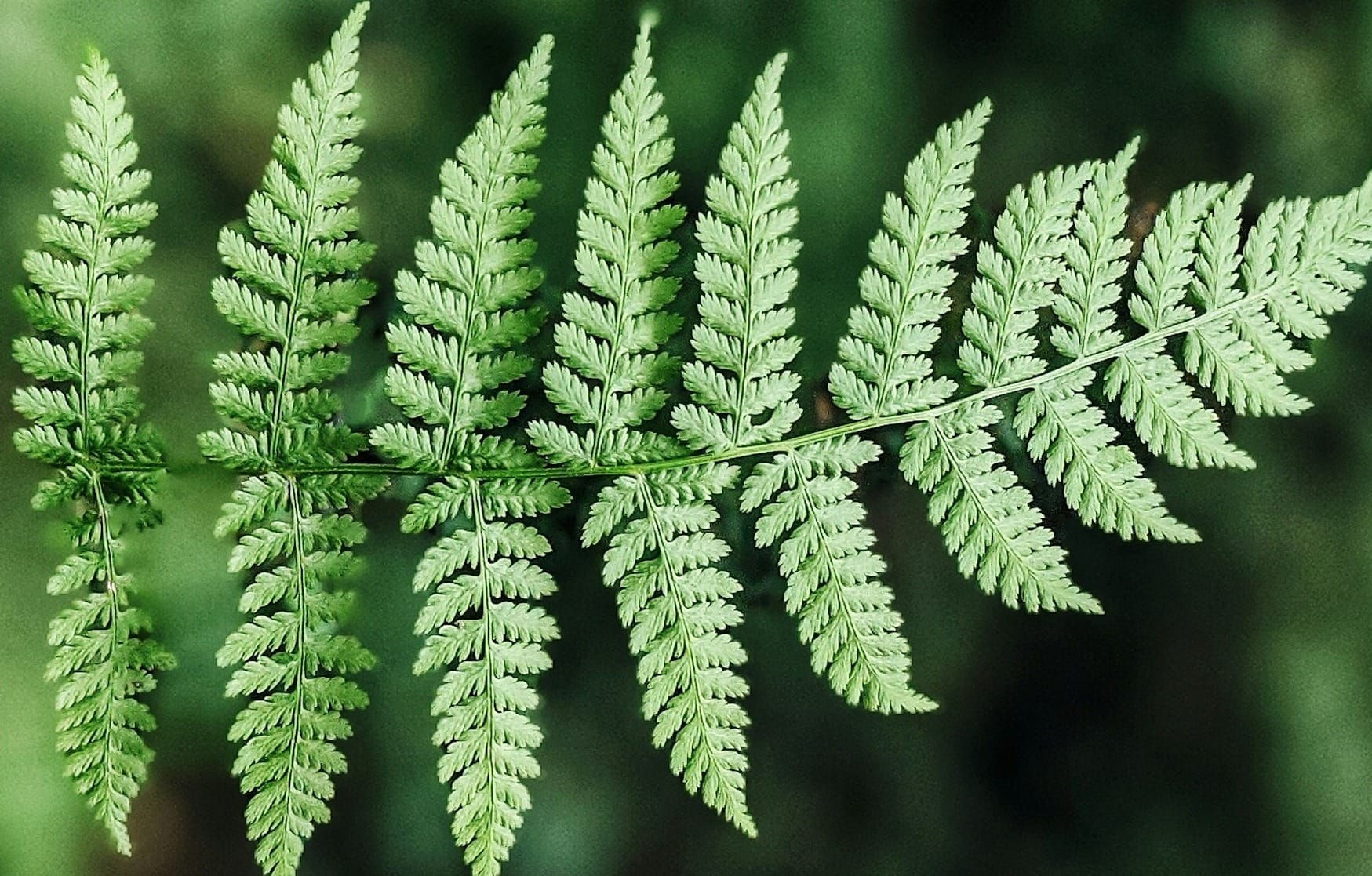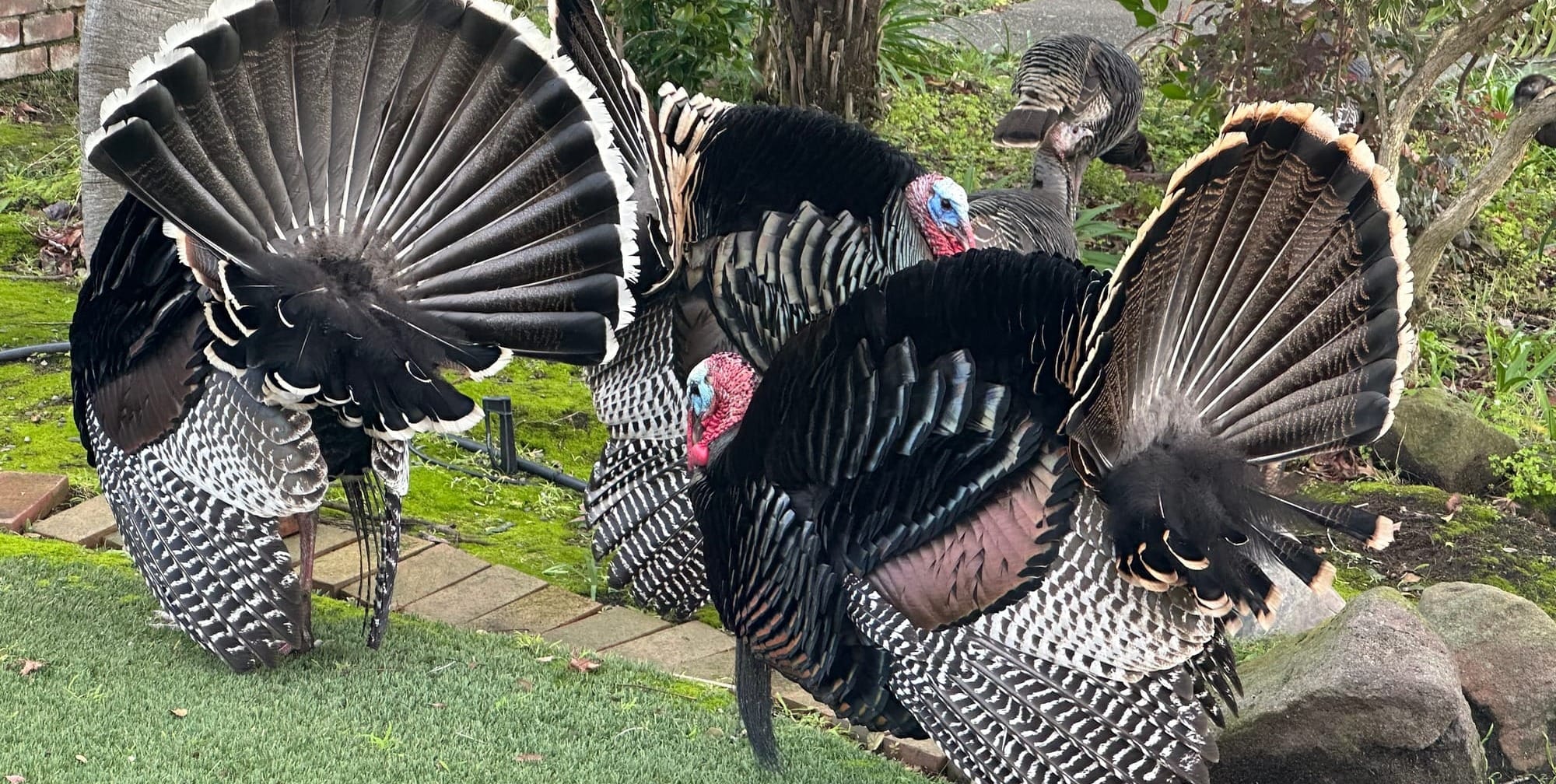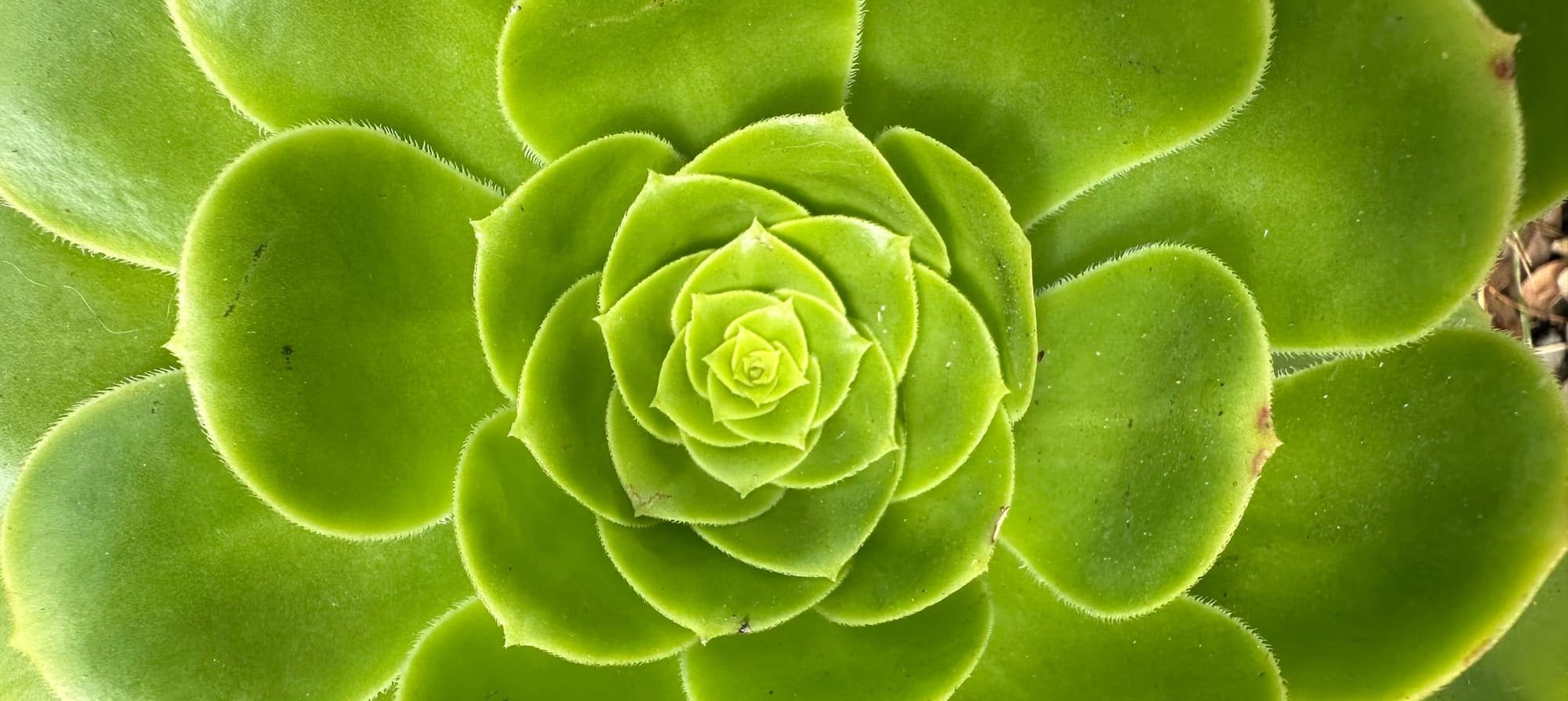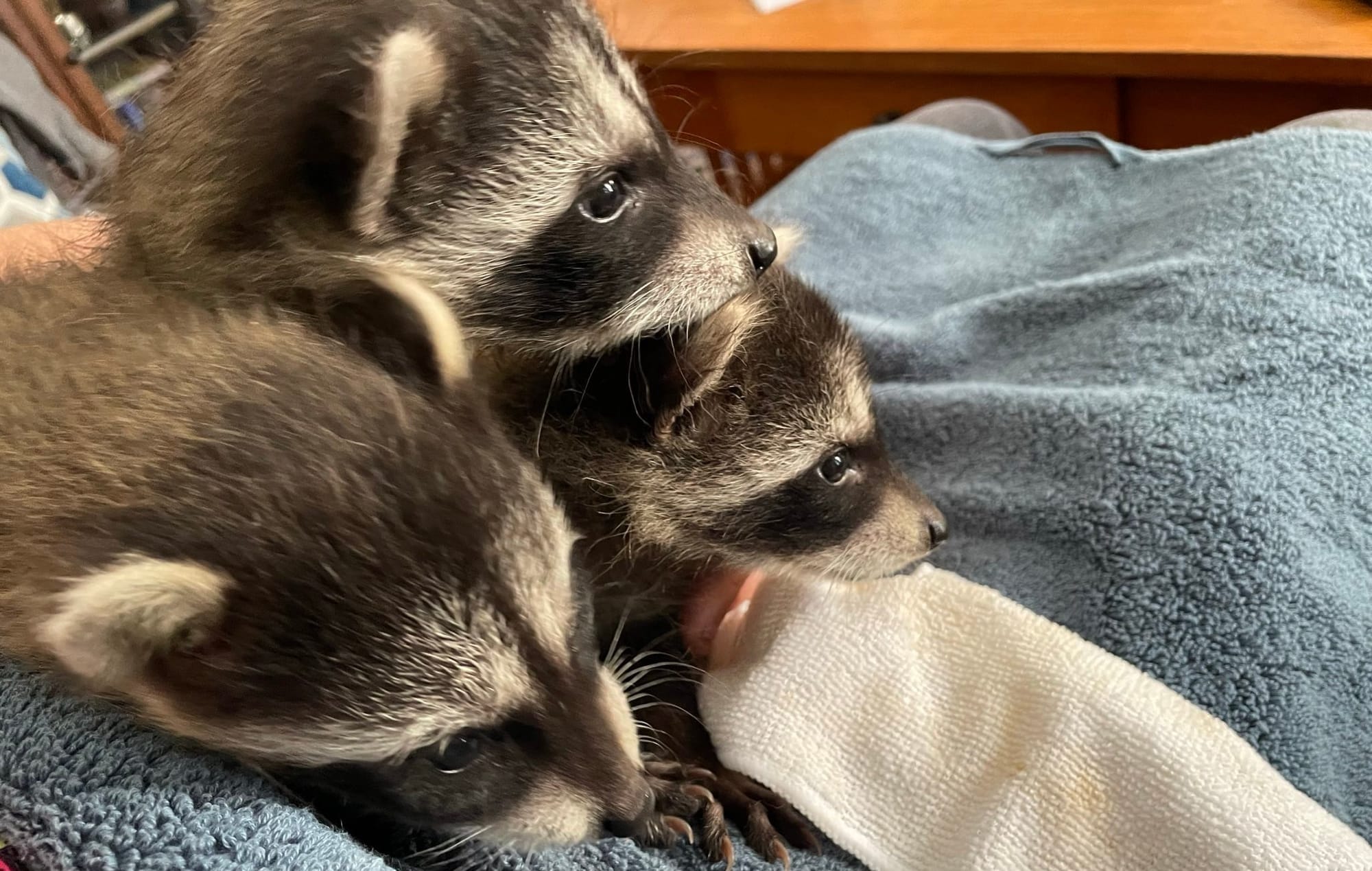Zoom In: spoken word poetry, fern fractals, and baby raccoons
In which I try again before I try again.

Hello Loves and Shiny Humans,
It's been a minute. I've been taking care of myself, and doing deeper work on my foundations. More creativity, more protection, more honesty.
It's been about 20 years since I've been able to say this with a straight face, but...
I am a poet.
More specifically: I am a spoken word artist.
I've been in love with this niche art form since I was 15, when I started bringing my raw teenage expressions to a smoky basement arts cafe for a weekly open mic poetry night. I went on to win a poetry slam in college (did you know poetry has a competitive sport?), run a few literary magazines, build an online writing workshop space, and co-host San Francisco's Queer Open Mic.
It's tempting to say that spoken word poetry has saved my life more than once. But that's not quite it.
More accurately: spoken word poetry has helped me rebuild my life more than once. It didn't tether me to the planet at rock bottom. (My loved ones–my mom in particular–get most of that credit.) Instead, it helped me find my voice and strength after the storm was over and my life was in scattered shattered fragments, soaked with shame, fear, and rage.
I'm now in my third era of this cycle, and still trying to figure out what to do with it. Angsty teenage poets have a clear place in society. Earnest queer poets who move to San Francisco in their early twenties do, too. But neurodivergent poets recovering from burnout in their early forties is a new one for me.
Two years ago, I posted a video that starts with the line, "They lied to us about our potential" (TikTok / Instagram). It was a poetic speech that poured out of me in ten minutes, and vibrated like it was made of life. It reminded me of the magic that comes from making art rather than trying to keep up with making content.
In this age of AI-generated content and templated influencers, there is still a kind of work that can only come from me.
(And the same is true for you, although what that means is yours to know.)
So I've been quietly holding that video as a compass, and exploring a new relationship to writing — one that has a chance at staying sustainable and real in the face of public attention and expectations.
I work with an Art Therapist (which is amazing, btw), and we've been playing with the metaphor of a garden for this. The majority of my writing is now for my own enjoyment and nourishment, and I'd like to sometimes find pieces in there to share with the world as a gift. But I can't give away everything, or I won't have a garden anymore. (And god knows I'm not running a farm for mass production.)
This has been helping me combat the procrastination of perfectionism.
It's also resulting in a lot of beautiful work that I won't ever share with you. And I'm starting to think that's for the best.
But as my practices continue to stabilize, I'm feeling closer to being able to share more of my art with the world, and that's exciting.
A New Practice: Zooming In
While I work on that, I'd like to try out an idea I have for a new kind of practice. I have a theory that it will help support my writing, as well as build more connection with you here.
I'd like to start collecting and sharing little details I notice that activate wonder in me.
We use words like ordinary and common to mean unremarkable, but they really just mean frequent. Wonder is a choice of meaning and attention.
Zooming in on everyday details for what makes them special seems to make me happier and healthier. So I'm curious if sharing some of these observations with you will help me continue to show up for that.
In some parts of Asia—I experienced it in Myanmar—monkeys are as common in public areas as squirrels are in my daily life. To an American on vacation, this is FREAKING AMAZING. To the locals, this is ordinary (and also a nuisance).
When we're surrounded with amazing things all the time. It's easy to forget that they're there. But I get to see skittish little forest critters with fluffy tails stealing acorns from sidewalks all the time!
(And even more exciting: there are several families of wild turkeys that have taken up residence in my city, and seem to be well on their way toward becoming full voting citizens.)

Succulents have geometric radial patterns.
Ferns are fractals.

A friend introduced me to another Sarah last week, and the first thing she did was narrow her eyes and ask, "With or without?"
"With. You?"
"Same."
Our eyes softened with safety and acceptance. Immediate trust formed.
Not many people understand the subtle but longstanding cold war between Sarahs and Saras, but all Sara[h]s do.
We are polite when we meet the Others.
We are warm when we meet our own.
(Or maybe I'm only speaking for Team "H". I honestly don't know how the other half lives.)
A dark room on a sunny day with dramatic light and shadows feels like being in a photograph.
It's actually really satisfying to fold a fitted sheet. If you haven't learned this skill yet, the best tutorial is the Mature Thirst Trap. (Obviously.)
Because of camera lens focal lengths, our faces have different shapes in our selfie cams than they do from a distance.
The same is true when we're lying beside someone, a few inches from their face.
A friend of a friend is fostering baby raccoons for an urban wildlife rescue. This is a real thing that actually happens.

Double Stuf Oreos are the perfect cookie.
What's something you're noticing?
Love you,
Sarah
p.s. If you'd like to dip your toe into the magic of spoken word poetry, start with Andrea Gibson, poet laureate of Colorado and community-issued prescription to all queer hearts.
Some of Andrea's pieces are too heavy to hang out with casually, but I keep these on repeat: Royal Heart, Gospel Salt, Staircase, Jellyfish, Yarn, and Honey.
A doctor once told me I feel too much.
I said, "So does God.
That's why you can see the Grand Canyon from the moon."
—Andrea Gibson, "Jellyfish"
